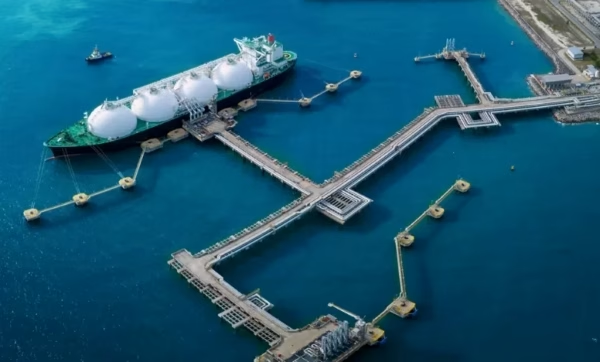In November 2023, Tanzania and Uganda started the feasibility study for a proposed gas pipeline linking the two countries. The decision marked a turning point after years of negotiations. More recently, the neighboring East African countries have also committed to appointing a consultant and laying the groundwork for further technical work.
Tanzania-Uganda Gas Pipeline Project Through the Years
Through 2024, preparatory efforts continued more quietly. Technical committees were formed; route options and alignments were also discussed as the governments began allocating budgets for consulting services. Uganda’s Petroleum Authority (PAU) and Tanzania’s TPDC coordinated this through joint steering committees.
By mid-August 2025, more progress on the Tanzania-Uganda pipeline had been made. Both countries selected a consultant to lead the feasibility study. Uganda’s Solicitor General was also reported to be reviewing the consultant award, with work expected to begin soon thereafter. Also emerging was that the study will examine a revised pipeline route. This will include one that avoids the crude oil pipeline corridor to minimize land disputes. The new route also aligns better with population centers for better gas access. Complementary to this is that the pipeline is expected to run its own route rather than strictly alongside the East African Crude Oil Pipeline (EACOP).
With the feasibility phase now active, the project is even more closer to potentially reshaping gas access and industrial energy supply in East Africa. Additionally, as the gas pipeline continues to take shape, Tanzania is also pushing to finalize its $42 billion liquefied natural gas (LNG) agreement. On board the gas deal are energy majors like ExxonMobil and Shell who own and operate some of the largest oil rigs in the world.

Tanzania-Uganda Gas Pipeline Project Feasibility Study Starts
Reported November 15, 2023 – Recently, the governments of Tanzania and Uganda signed an agreement to do a feasibility study for the development of the Tanzania-Uganda Gas Pipeline. The gas pipeline is seen as a to link the gas fields located in both countries.
The two countries have also agreed to conduct the feasibility studies together. This is to facilitate the project’s evaluation. It will also provide a guide to the feasibility of the gas pipeline project. The structure of the project and requirements for the gas will also be looked at. Also addressed is the general capacity of the Tanzania-Uganda gas pipeline. Any other information that will be deemed important about the pipeline project will also arise therein to facilitate better decisions.
Recently, Tanzania also made a discovery of massive amount of natural gas – approximately 57.54 trcf. And as a result of rise in demand of natural gas domestically and internationally, the government also set up plans to explore more locations. These include Songosongo West, Lake Tanganyika, Eyasi Wembere and the deep waters of the Indian Ocean. This is with an aim to boost gas production. Additionally, the Tanzania-Uganda Gas Pipeline project is also expected to unlock a major natural gas capacity potential of over 36 trcf.
Tanzania-Uganda Gas Pipeline Project Funding
Tanzania is also searching for potential strategic partners to conduct the research. They will also develop the oil and gas sources in partnership with the Tanzania Petroleum Development Corporation. Minister in charge of energy in Uganda, Ruth Nankabirwa, also made a plea to the financing institutions. Ruth advocated for low-cost credit by from banks in order to reduce lending rates for the gas pipeline project.

Leave a Reply